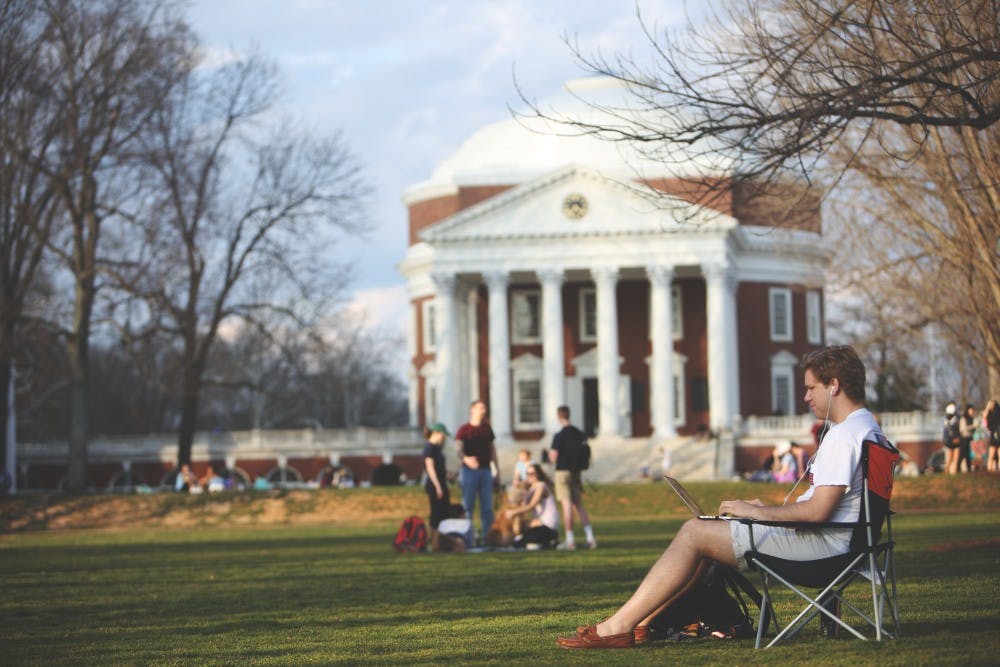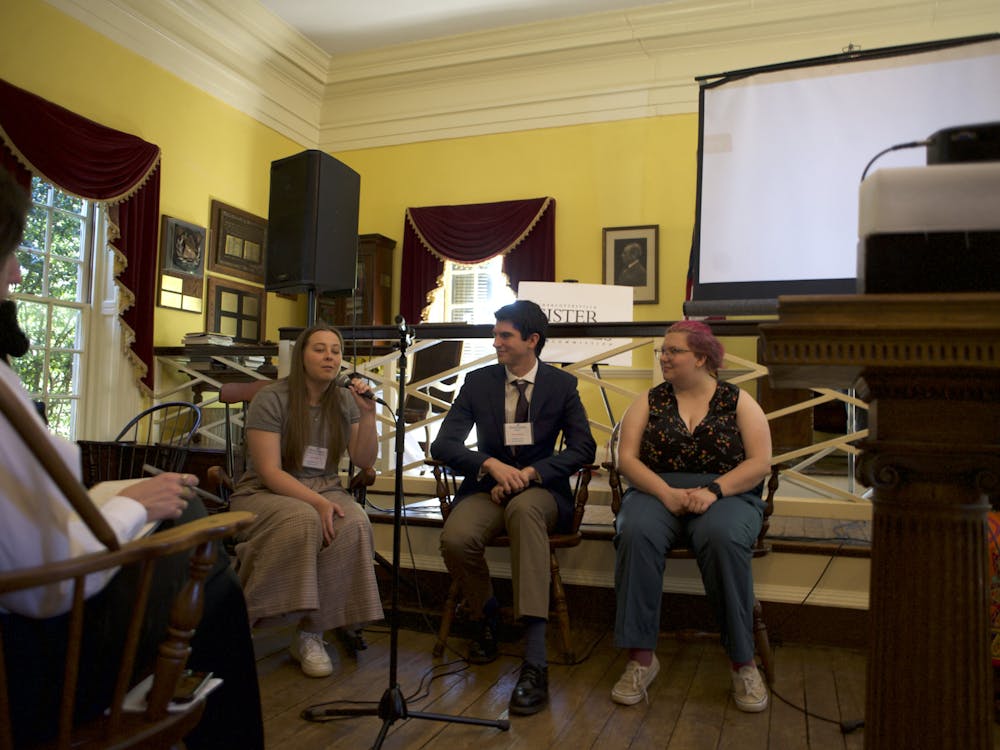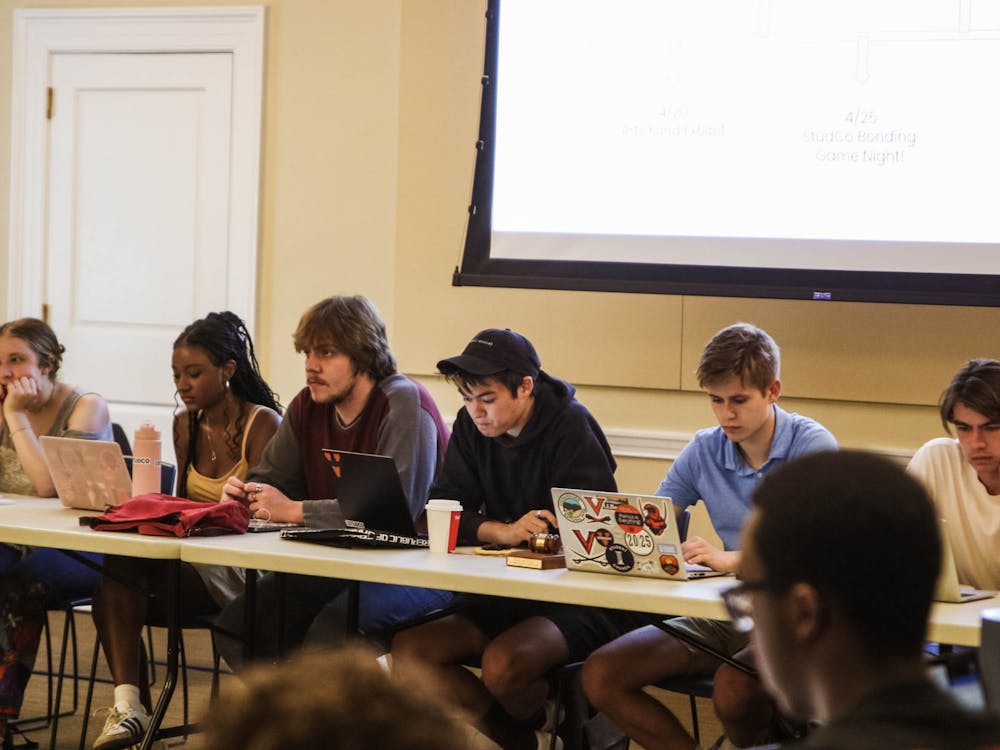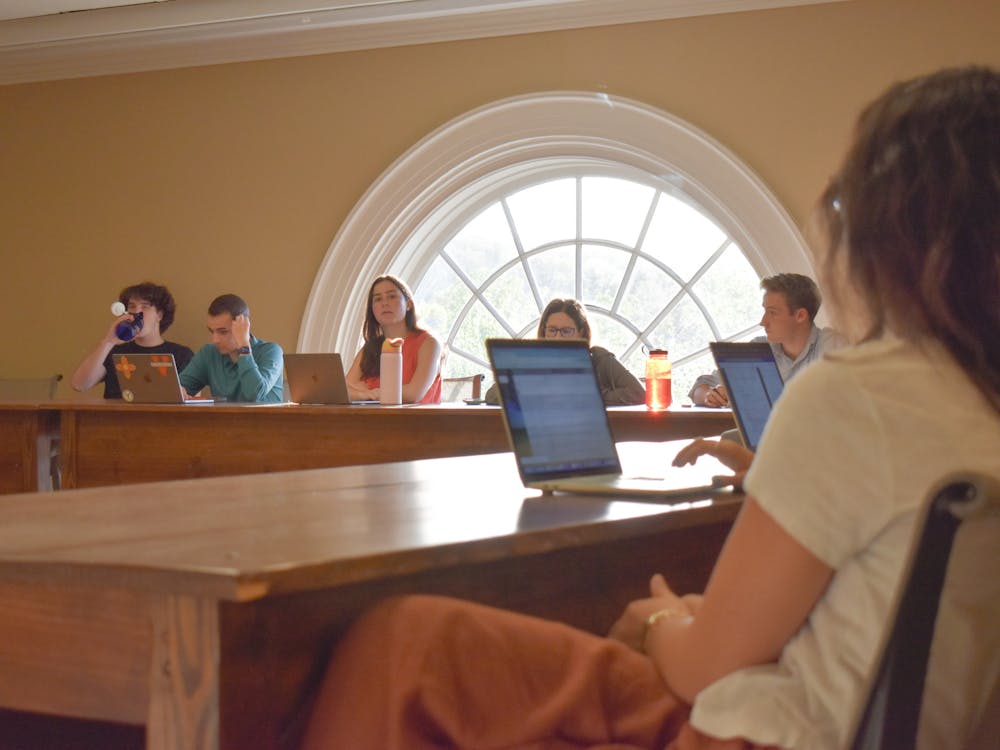Beginning this semester, the College of Arts and Sciences released its newly redesigned curriculum to 600 first-year students who chose to participate. Students were given the choice as to use the new curriculum or the traditional.
The curriculum consists of three parts — Engagements, Literacies and Disciplines. Engagements are half-semester, two-credit courses aiming to have students connect with the University and Charlottesville communities. Literacies require students to be competent not only in writing — deemed through the first and second writing requirements — but also in foreign language and quantification. The final part, Disciplines, requires students to take three credits in seven different subject areas in the hopes to expose them to classes they would not have otherwise taken.
So far, several students say they are pleased by the new curriculum and hopeful for its future.
“One thing we didn’t expect was the level of enthusiasm of the students,” Academic Programs Manager Clarence “Bo” Odom said. “Since these are discussion-based classes and students are so excited about the topics, many of our faculty are finding it difficult to rein in the conversations.”
According to Odom, the students seem to be so interested in the discussion that the 75-minute classes may not been long enough. He also said many students have said they want to take more engagement classes despite the limit of four courses per academic year.
“All the students that we bump into are really excited about the subject material in their courses and are blown away by the faculty that are teaching them in these engagements,” Odom said.
Biology Prof. Deborah Roach teaches a class under the new curriculum that invites students to delve into questions related to the course's title, ‘‘How has evolution shaped who we are.” The students began with reading Charles Darwin’s “On the Origin of Species,” which ties into questions related to science and humanity.
“So, what I’m doing is in the process of teaching an empirical science — evolution,” Roach said. “I’m also putting it in the context of human examples. Some of those questions include ‘Why is there variation in skin color among humans?’ and ‘Why is there variation in people’s abilities to digest milk?’”
She also said she has been able to talk about issues regarding to the events of Aug. 12.
“It does put some of the questions — for example, ‘Why do we all have different skin colors?’ — into an even broader context than just understanding science and how science shapes us,” Roach said.
Roach said there is also collaboration throughout courses. This Thursday, Roach said she will talk about biology in Assoc. English Prof. Lisa Woolfork’s class on race.
“That type of collaboration across different fields — she’s an English professor and I’m a biology professor — is really a unique opportunity not only for the students but also for the professors,” Roach said.
First-year College student Peter McPherson is one of the students enrolled in the new curriculum. He said he likes the class options he has in the new curriculum.
“So I'm taking four different classes, which should be pretty cool,” McPherson said. “It does make it a little bit hectic because you always have to keep switching up your schedule, but it also keeps you on your toes, I guess, which is great.”
The only issue McPherson said he was confused about is “what the program really is” and would like a better understanding of the curriculum specifics.
This is just the beginning for the new curriculum, as a committee will meet at the end of the spring semester to examine its results.
According to Odom, the second cohort of fellows running the program has already met over the summer and begun planning for the next academic year.
“They are going to continue the general structure of the program, but they are considering new speakers and a new theme, but they haven’t nailed anything down yet,” Odom said.
Meghan Tonner contributed reporting to this article.





